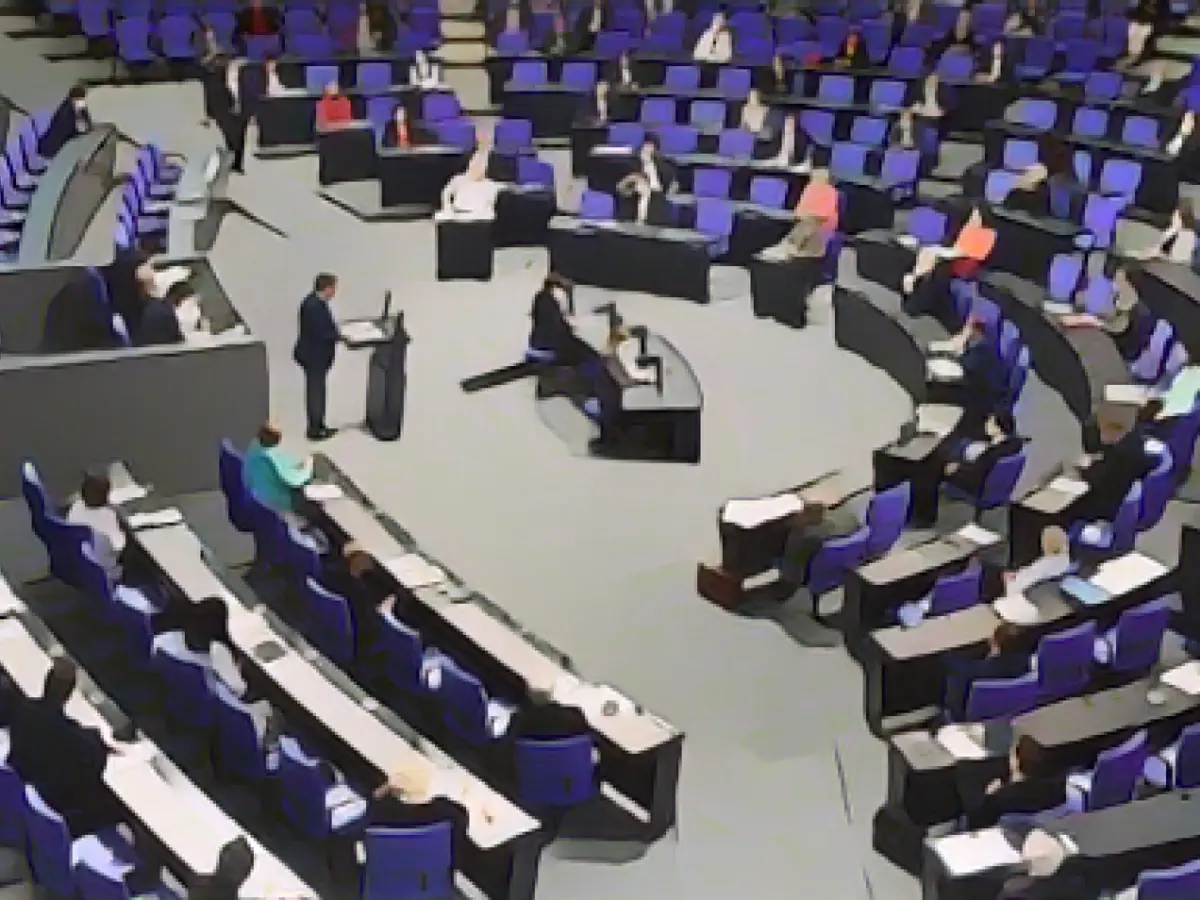Updating Party Funding Limits in Germany: A Need for Digital Transformation and Transparency
The recent decision by the Bundestag to increase the upper limit for party financing to 184.8 million euros has sparked debate over the justification and the potential impact on political transparency. This new limit, which will take effect retroactively from 2018, comes with an annual inflation-adjusted progression mechanism. The funding boost is justified by the growing demands of digital communication, the fight against fake news and cyber threats, and the need for data protection measures.
Prominent figures from major German political parties stress the need to invest heavily in digital communication to remain visible and relevant in the digital age. Dietmar Nietan, an SPD member, emphasized that democratic parties must "invest massively in digital communication" to engage in public debates on digital platforms. CDU MP Julia Klöckner highlighted the importance of reinforcing party democracy in the face of attacks on liberal democracy, while Greens member Irene Mihalic reiterated the need for parties to fulfill their constitutional mandate.
The constitutional court ruled that the previous increase in funding, amounting to around 25 million euros, was unconstitutional. The AfD, which opposes this increase, accused the government of shamelessly reaching into the taxpayers' pockets to fund political parties. The new law obliges parties to list sponsorship income separately in their financial statements below a de minimis limit and reduces the threshold value for donations that must be reported immediately from 50,000 euros to 35,000 euros to promote transparency in party financing.
The call for stricter donation limits stems from concerns about the potential for corruption and the excessive influence of large donors. Transparency International's Corruption Perceptions Index indicates that Germany has recently slipped, making it crucial to improve the transparency of political funding to combat corruption. Reducing the donation cap encourages political parties to diversify their sources of funding and promotes fairness in the political landscape.
In the digital era, political parties require significant financial resources to effectively leverage social media, crowdfunding, and data-driven campaigns. Digital tools and services for tracking, managing, and analyzing data create additional costs for political parties, driving the need for an increase in funding. Effective digital communication, in turn, is essential for parties to engage with voters and maintain a strong online presence, as public debates increasingly take place on digital platforms.
While inflation does not directly impact the upper limit for party financing, a focus on transparency and fairness in funding, combined with the necessity of utilizing digital tools for effective political communication, forms a powerful rationale for a more comprehensive view of the funding landscape in Germany.








